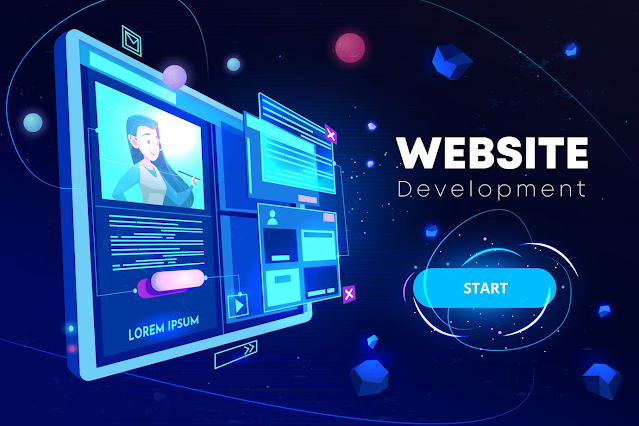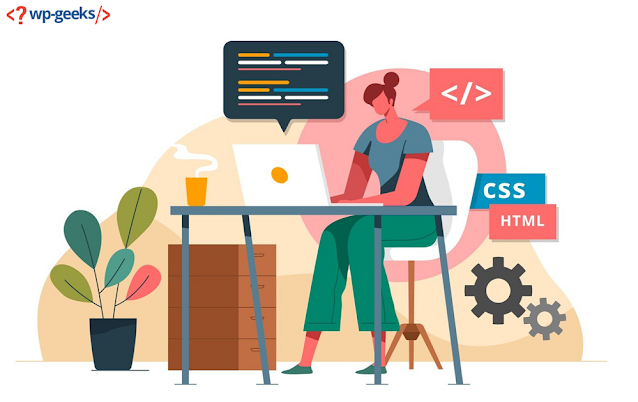Convert Current Website To WordPress: A Step-by-Step Tutorial
In this step-by-step tutorial, we'll guide you through the process of converting the Convert Current Website To WordPress. But before we dive in, let's first understand why you should consider making the switch.
Why Convert Your Website to WordPress?
There are several reasons why you should consider converting your website to WordPress. Firstly, WordPress is very easy to use, even for those without technical knowledge. This means that you can easily add or update content on your website without the need for a web developer.
Secondly, WordPress is highly customizable. You can easily change the look and feel of your website by installing a new theme or customizing the existing one. You can also add functionality to your website by installing plugins.
Finally, WordPress is SEO-friendly, which means that your website will be more easily discovered by search engines like Google. This can help to drive more traffic to your website, which can result in more sales or leads.
When it comes to installing WordPress, it's important to choose a hosting provider that can support WordPress. Many hosting providers offer one-click WordPress installations, which can make the process even easier. Some popular hosting providers that offer WordPress hosting include Bluehost, HostGator, and SiteGround.
Install WordPress
When it comes to installing WordPress, it's important to choose a hosting provider that can support WordPress. Many hosting providers offer one-click WordPress installations, which can make the process even easier. Some popular hosting providers that offer WordPress hosting include Bluehost, HostGator, and SiteGround.
Once you've installed WordPress, you'll need to log in to the WordPress dashboard to get started. The WordPress dashboard is where you can manage your website, create new pages, and customize your website's design.
Choose a Theme
When choosing a theme for your WordPress website, it's important to consider the look and feel of your website, as well as its functionality. A good theme should be responsive, meaning it will look great on all devices, and should have the features you need.
You can search for themes in the WordPress theme directory, which offers thousands of free themes to choose from. Alternatively, you can purchase a premium theme from a third-party provider. Premium themes often offer more customization options and support.
When choosing a theme, keep in mind your branding and the message you want to convey to your target audience. You'll want to choose a theme that aligns with your brand and makes it easy for visitors to navigate your website.
Convert Your HTML Website to WordPress
When convert current website to WordPress, there are a few different methods you can use. One method is to manually convert each page to a WordPress page. This can be a time-consuming process, especially if you have a large website.
Alternatively, you can use a plugin like HTML Import 2 to automate the process. This plugin allows you to import your HTML pages into WordPress and convert them to WordPress pages. The plugin will preserve your website's formatting and layout, making it easy to convert your website to WordPress.
If you're not comfortable with coding or using a plugin, you can also hire a developer to do the conversion for you. A developer can ensure that the conversion is done correctly and can also help you customize your website to meet your needs.
Customize Your Website
Once you've converted your website to WordPress, you'll want to customize it to fit your needs. WordPress makes it easy to add new pages, update existing content, and install plugins to add new functionality.
When customizing your website, it's important to keep in mind your branding and your target audience. You'll want to ensure that your website looks professional and is easy to navigate. WordPress offers a wide range of customization options, including custom menus, widgets, and themes.
Plugins are also a great way to add new functionality to your website. There are thousands of plugins available in the WordPress plugin directory, including plugins for SEO, social media integration, and e-commerce.
Launch Your Website
Before launching your website, it's important to test it thoroughly to ensure that everything is working as expected. This includes testing all links, forms, and functionality. You may also want to have other people test your website to get their feedback.
When you're ready to launch your website, you'll need to make sure that your domain name is pointing to your WordPress installation. You can do this by updating your domain's DNS settings.
Once your website is live, it's important to maintain it regularly. This includes updating WordPress, themes, and plugins to ensure that your website is secure and running smoothly.
Conclusion
Converting your current website to WordPress or converting your website to WordPress can be a great way to take your website to the next level. With WordPress, you can easily add new content, update your website's design.



"If you're looking for a comprehensive guide on converting your website to WordPress, look no further than this tutorial! The author did an excellent job of breaking down each step, making the process much less intimidating. I also appreciated the extra resources and plugin suggestions for improving my site's functionality. Highly recommend this article for anyone seeking WordPress website support.
ReplyDelete